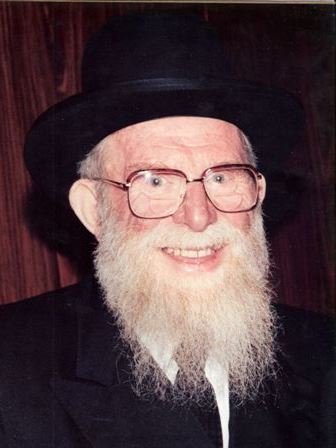The Significance of Noach's Offering
הרב משה סתיו
After Noach exited the ark and offered sacrifices, it says: Hashem smelled the pleasing aroma, and Hashem said in his heart, "I will not continue to curse again the ground because of man, since the imagery of man's heart is evil from his youth, nor will I again continue to smite every living being, as I have done." (Bereishit 8:21)
In this pasuk, the Torah explains that the world should not be punished on account of man's sins, since man is prone to sin and thus the world is always under threat of destruction. Therefore, G-d swears that He will never again bring a flood to destroy the earth. This reasoning, however, was true even before the flood, so why wasn't it raised before the flood to prevent it? Furthermore, it appears that this claim is linked to Noach's sacrifice. What is the connection?
In the beginning of the parsha, G-d's command to Noach to build the ark and bring the animals into it is repeated twice (in ch. 6 and ch.7), and there are a number of differences between the two commands:
In the first one, Noach is told to bring two each of the animals, whereas in the second he is told to bring seven pairs of kosher animals.
In the first there is no mention of Noach's praise that he is righteous, whereas in the second he is told that he is righteous.
In the first the command is said in the name of Elokim, whereas in the second in the name of Hashem. Chazal comment that initially, G-d intended to create the world with the attribute of justice, and when He saw that it would not survive he joined the attribute of mercy with it. Clearly, there is not regret or change of mind before G-d, but rather this midrash expresses the two manners of Divine Guidance that are revealed in the world. On the surface -- the laws of nature appear, which are the established rules with which the world was created and operates, and they are called "din" (justice). This manner of Guidance is revealed through the name Elokim, which means "Master of all forces." Because of this, even the nations of the world recognize this manner of guidance, as stated in numerous places in Chazal and the Rishonim.
However, there is a manner of direct Guidance in which G-d directs the world willfully and with special attention, and when man is not worthy to exist according the standard rules of creation and he requires special Guidance, Hashem arouses His desire in the continuation of the world and he has mercy on His creation and creatures.
However, for a person to merit this kind of guidance, he must recognize it. The people of the generation of the flood sinned because of the good that they had, as the Torah describes the "bnei elohim," who allowed themselves to do as they wished, and the long lives of that time. After the flood, the nature of the world changed, as explained in the Rishonim, and weakness descended upon the world. This causes man to recognize his insignificance and imperfection, and forces him to recognize his dependence on the Creator of the world, and to turn to Him and pray to Him. This is why G-d turned to Noach twice. The first time announces the destruction of the world and its reestablishment. However, the second calling teaches that in the new world that will be built he will be dependent entirely on direct Guidance, and this idea is expressed in the sacrifice, in which man recognizes that everything returns to G-d, the Source of existence, and through this recognition he merits eternal existence.
Therefore, in the first command, he is commanded to bring only that which is necessary for natural existence, whereas in the second the need for sacrifice is also mentioned. Similarly, the first time does not mention Noach's merit to be saved, since in the natural manner of Guidance signified by the name Elokim there is no special, clearly apparent Providence on the righteous person. This is expressed in the discrepancy between the names of G-d used, as explained.
This also answers the initial two questions. Since the whole sin of the generation of the flood was that they did not want to recognize G-d's goodness to them, at the moment that Noach offered a sacrifice, the attribute of mercy was aroused to rectify the creation in a manner that sin should never again develop to the extent that it will cause people to forget G-d entirely.
קוד השיעור: 3563
לשליחת שאלה או הארה בנוגע לשיעור:

.jpg)



